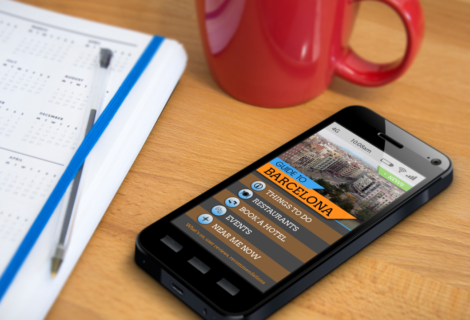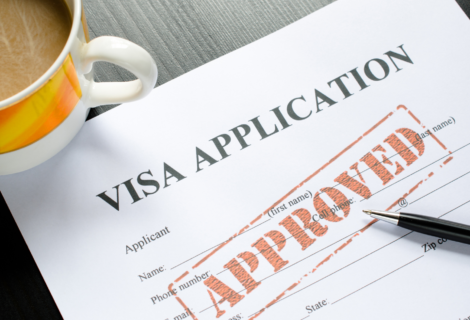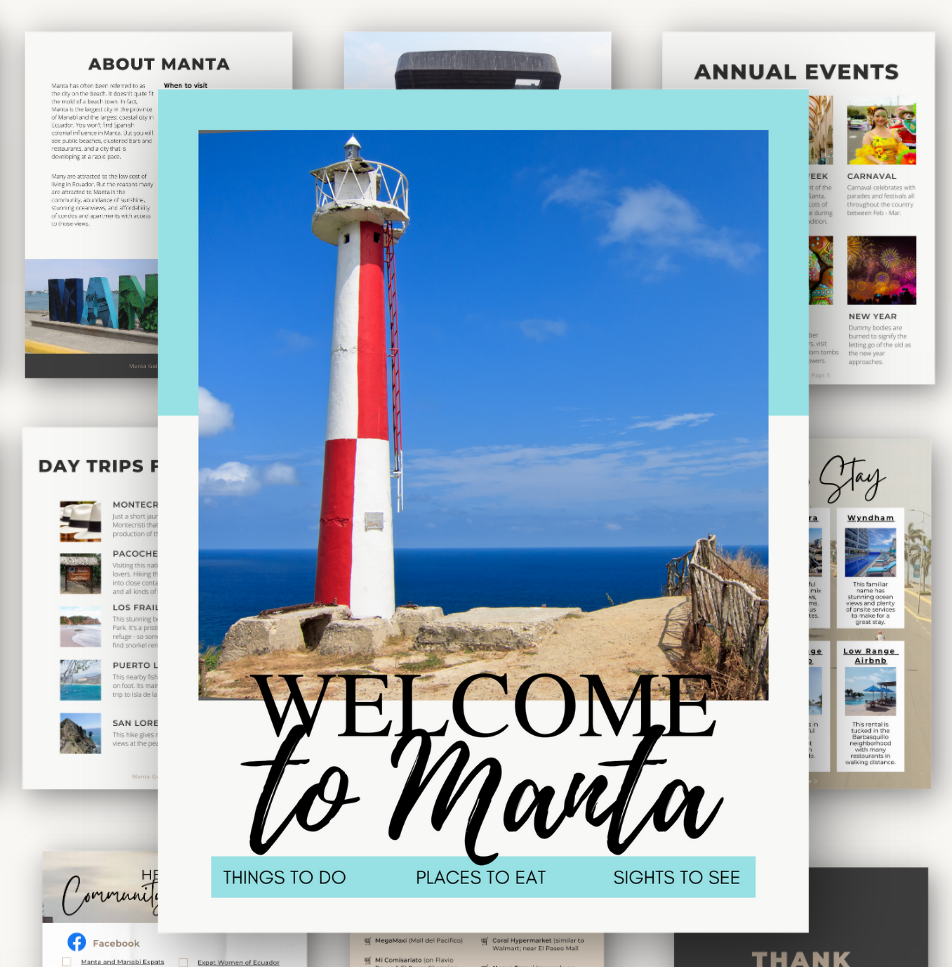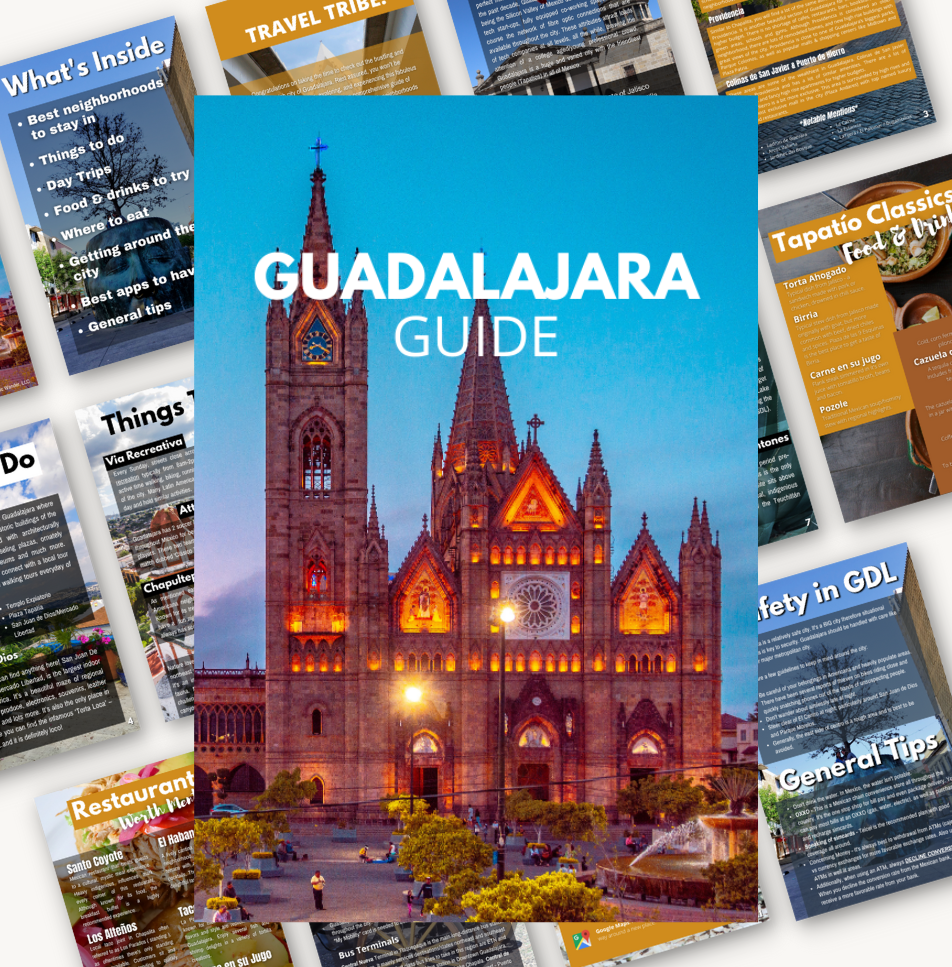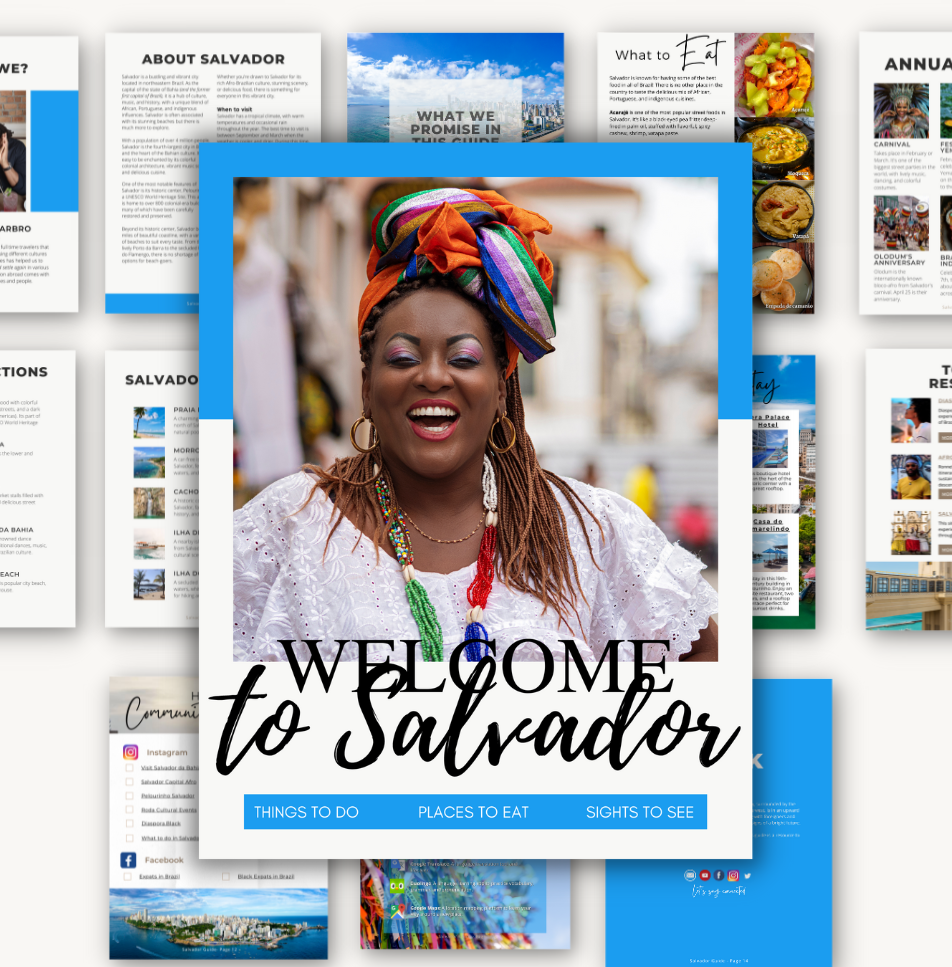The thought of how to move abroad can be daunting or exhilarating! Whether you want to explore more of the world, seek a change of pace, or simply have the travel bug…it’s possible, it’s doable, and there is a smart way to make it happen. There’s so much to be done! Here are some actionable steps can you take to get the party started.
We’ve always envisioned a life abroad, so once we made the decision to set our course (and a date!), it became too real to back out of. Really, that was our number 1 tip on how to move abroad.
This post may contain affiliate links, which means we’ll receive a commission if you purchase through our link, at no extra cost to you.
1. Set a departure date!
Without a date, it’s easy to drag your feet while facing the unending amount of affairs you want to get in order. Before you know it, your intended date of departure will come and go just as fast as the time. What made the difference for us was not only setting a departure date but purchasing our flights! Yikes, right? It was real and we had a tangible ticket. No turning back, instead, it was time to follow through on our other items.
2. Set up a Global Mail Box
If you’re leaving a permanent residence and don’t have a destination for your mail, you can sign up with a global mail forwarding service. We use US Global Mail. You get a free US address as your virtual mailbox. You’ll also be able to see images of your envelopes and packages in real-time. Alternatively, if you have a trusted family/friend to forward your mail to, that choice is likely the easiest and cheapest.
3. Check country visa requirements.
For long-term travel, this is a priority. A visa is an endorsement where the holder is allowed to remain in a country for a specified amount of time. Visa requirements vary from country to country so be sure to check ahead and confirm the different ways to apply and what the specifications are.
4. Credit Cards
Check the expiration dates on your credit cards and be sure to request new ones if your cards will be expiring soon. Also, notify your credit/debit card companies that you’ll use your card out of the country. Often times this is not necessary if your card has a microchip but we still make it a habit to notify them. You don’t want to be stuck in a foreign country without access to your funds because your credit card company noticed ‘suspicious activity.’
- Tip #1: When using an ATM, always decline the conversion rate. This allows you to receive the rate from your bank which is often more favorable than a foreign bank.
- Tip #2: Wise is an international money transfer provider available in 59 countries that offers transfers between cross-border bank accounts up to eight times cheaper than traditional banks.
5. STEP Program
For US citizens, the government offers the Smart Traveler Enrollment Program as a free service that enrolls you in the nearest US Embassy or Consulate while abroad. You can expect to receive important information about safety conditions in the country you’re traveling to, along with help in emergency situations (civil, natural, or family-related).
6. Important Documents
Rules are different in other countries. It’s always wise to have copies of all of your important documents. If you’re moving abroad for work, you might need originals or notarized/authenticated copies of your original documents. We usually keep electronic and physical copies of all of our documents. A few close relatives also have access to these electronic copies (i.e. birth certificates, marriage certificates, diplomas, etc…).
7. Travel Insurance
Just like with any insurance, you want to make sure you, your trips, and your belongings are covered. Travel insurance typically covers unforeseen events that happen before or during your trip. We use SafetyWing Nomad Insurance and are happy with the coverage but thank God we haven’t had to use it yet! SafeyWing offers a combination of travel and medical insurance on a subscription-style basis (28 days at a time). This option is great for slow travelers, especially knowing that you can purchase a policy while already abroad. There are lots of companies out there; check out options at Allianz and World Nomads to a policy that suits your needs.

8. Sell Your Belongings
Once we purchased our flights it was a mad dash to unload, separate, donate, and sell most of our possessions. Apps like Let It Go and Offer Up made the process a bit easier for others in our area interested in our items. To be honest, we wanted to have as much money in our pockets as possible before leaving the states.
9. Stay Connected
Social media makes it entirely too easy to keep in touch with family and friends around the world. Outside of that, there are still several options to keep in touch – extend your current phone plan to add international roaming, get an unlocked phone or a phone with dual-sim cards (or Airalo Esim), or sign up for a number with Google Voice. Start a blog, or use another platform to document your journey, try call/texting/video chat apps like Whatsapp. Also, recognize that some countries prohibit access to some of these sites…this is where a VPN comes in handy! ExpressVPN has saved our sanity on several occasions during our stint in China.
10. Research your creature comforts
You’re transitioning into an arena that might take a big adjustment so consider the things that bring you peace and comfort. Certain comforts/items may not be available or affordable where you’re traveling – take note and stock up. Personally, we’ve found it difficult to shop for larger sizes of shoes throughout Latin America and Asia.
RELATED POST: 11 Genius Amazon Travel Essentials That Will Make Your Life Easier
11. Plan a scouting trip
Plan a trip to experience and explore the areas you might want to live in. Skip the resorts and hotels and get a normal Airbnb in a neighborhood that you’re considering. Picture yourself living and working there. Join a gym, grocery shop, and mingle with locals. Stay for a month or longer if you can to get a better feel of this potential new home.
12. Determine the Deal-breakers
Identify your must-haves/needs in a location, environment, and lifestyle. Having clearly defined boundaries will help to stay focused on your goal and narrow down your destinations. Do you prefer to be near an expat community? Perhaps you desire to live by a body of water. Maybe you prefer walkable cities with accessible public transportation. There’s lots to consider and making a list of must-haves is a great place to start.
13. Know Your ‘Why’
Be clear on ‘Why’ you want to make this decision. This analysis will fuel you when the unexpected happens. There is indeed a honeymoon phase to living life abroad. At some point, reality starts to set in, and being a fish out of water can take a toll. It’s important in these moments to remember why you decided to move abroad to begin with. Hold onto that inspiration and motivation as you learn to settle and adapt to your new normal.
14. Consider Income/Savings
Having a financial plan in place before moving abroad is crucial. It’s advised to have at least 6-12 months of monthly expenses saved up for unexpected occurrences, emergencies, relief, etc… Additionally, ensure you have one or several sources of income to support yourself.
15. Learn the Language
Realistically, this looks like learning basic phrases, greetings, and numbers to begin your immersion. There is a side of culture that is unlocked when you learn to experience a place through its language. It not only helps you, but locals appreciate it when you take the time to learn and communicate with them in their language. Don’t worry, perfection is not expected but the effort truly makes a difference. Consider enrolling in language classes or using language learning apps like Duolingo, and Babbel, or streaming websites like Lingopie.
RELATED POST: The Best Language Learning Apps for Fluency
This post was all about how to move abroad. Ready to take the plunge?
Let us know below what other tips you have for moving abroad.



